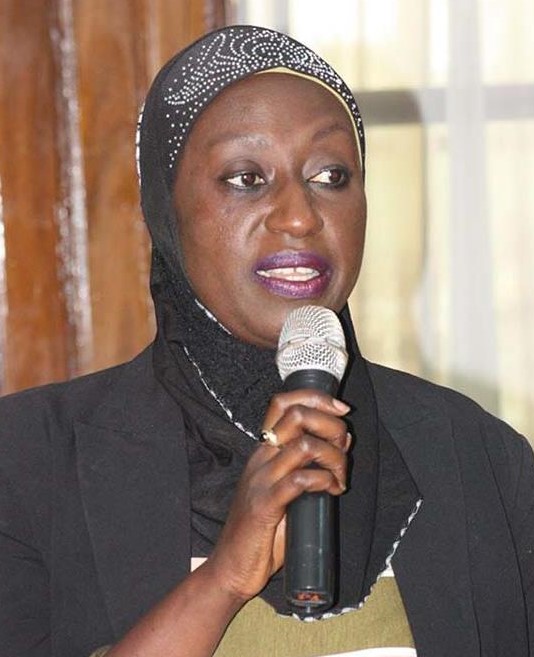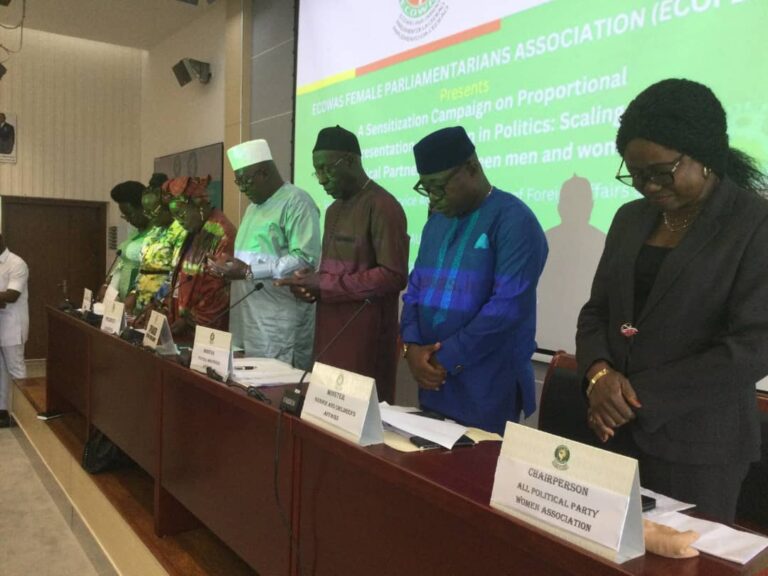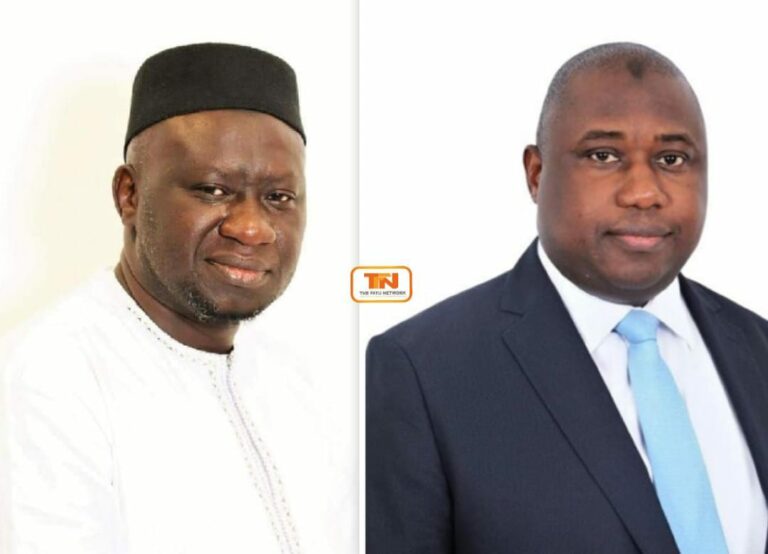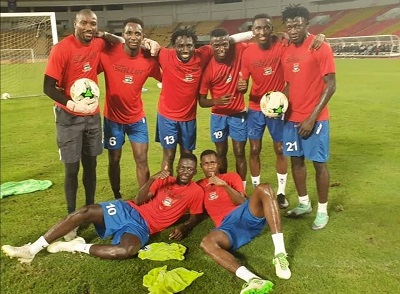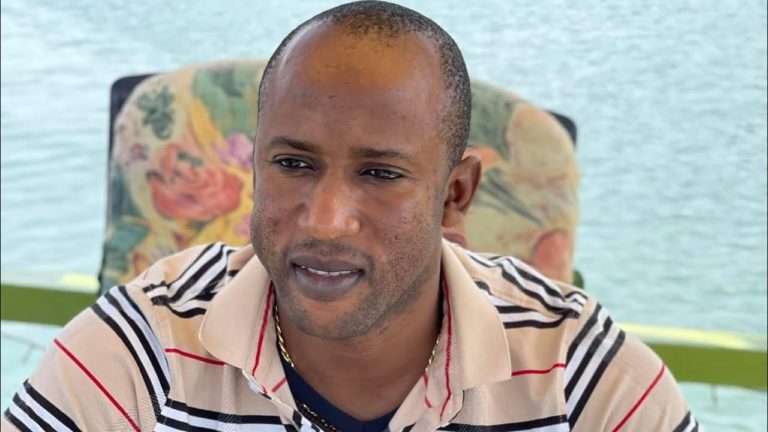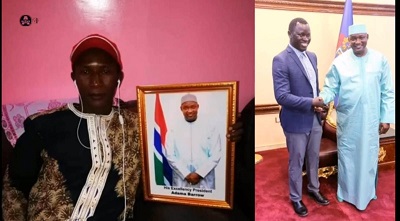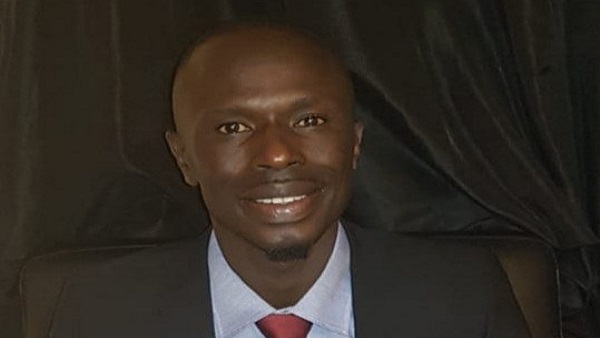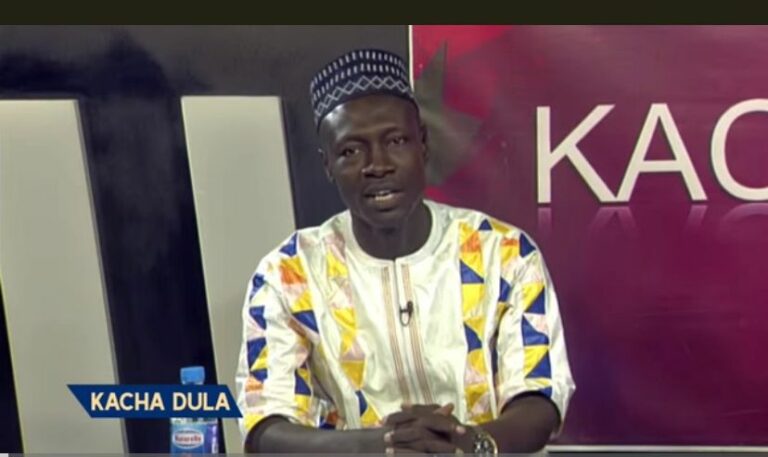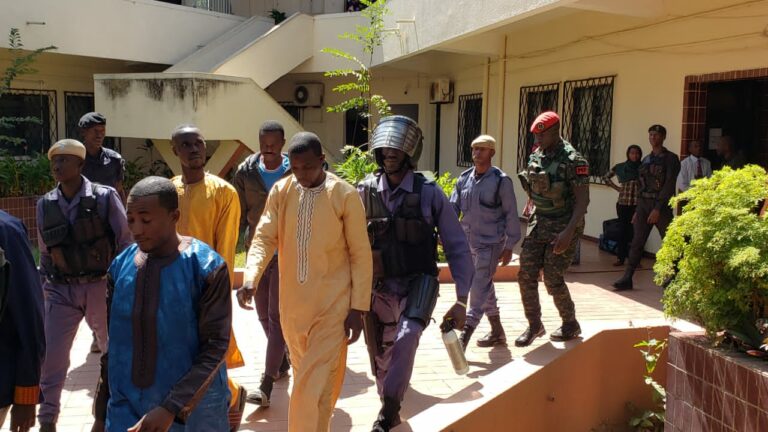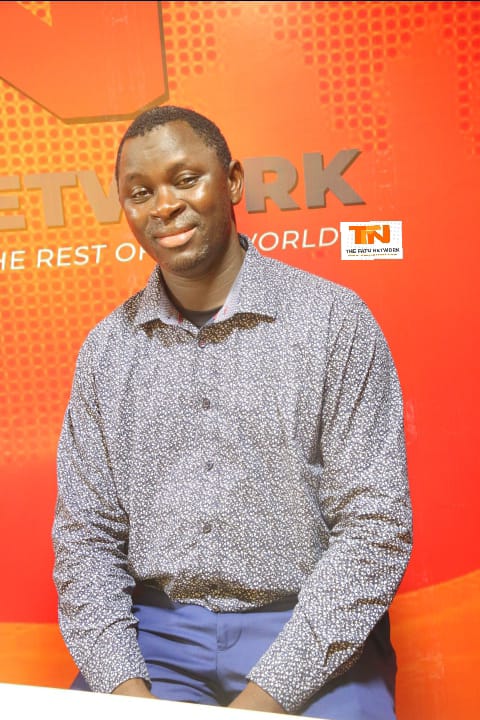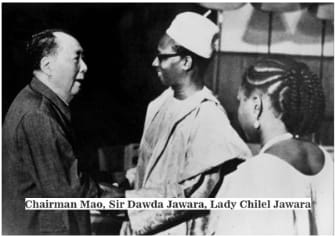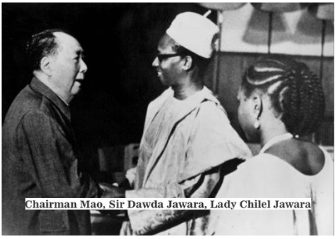By Prof. Raphael Nyarkotey Obu
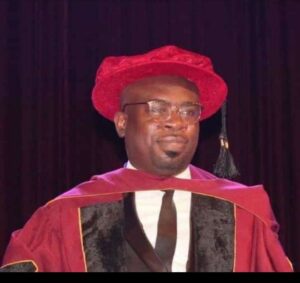
Chewing Gum improves academic performance

This article seems funny though, but I am tempted to do this write-up due to the many female students I have seen who are glued to their gum. It appears that some are addicted to their gum and cannot do away with it. But the question is what are the health benefits of chewing gum?
What is chewing Gum?
The Health line writer notes that chewing gum is a soft, rubbery substance that’s designed to be chewed but not swallowed. Helen West (2021) article further held that the chewing gum recipes can differ based on brands, but they all have the following basic ingredients:
- Gum. This is the nondigestible, rubbery base used to give gum its chewy quality.
- Resin: This is usually added to strengthen gum and hold it together.
- Fillers. Fillers, such as calcium carbonate or talc, are used to give gum texture.
- Preservatives. These are added to extend shelf life. The most popular choice is an organic compound called butylated hydroxytoluene (BHT).
- Softeners. These are used to retain moisture and prevent the gum from hardening. They can include waxes like paraffin or vegetable oils.
- Sweeteners. Cane sugar, beet sugar, and corn syrup are popular sweeteners. Sugar-free gums use sugar alcohols such as xylitol or artificial sweeteners such as aspartame.
- Flavorings. Natural or synthetic flavorings are added to give gum the desired taste.
Most chewing gum manufacturers keep their exact recipes a secret. They often refer to their specific combination of gum, resin, filler, softeners, and antioxidants as their “gum base.” All ingredients used in the processing of chewing gum have to be “food grade” and classified as fit for human consumption.
Chewing Gum, Science
Reduces Stress and boosts memory
Five studies (Hirano and Onozuka, 2015; Allen and Smith, 2015; Chen et al. 2015; Hirano and Onozuka, 2014; Hirano et al. 2013) demonstrate that chewing gum enhances brain function, including alertness, memory, understanding, and decision-making.
Also, a recent randomized controlled trial by Yaman-Sözbir et al. (2019) established that students who chewed gum over 7 or 19 days had reduced scores for depression, anxiety, and stress compared to those who did not. Those who chewed gum also achieved greater academic success. These studies are beginning to wow me to start chewing as well. Check this one as well: Tucha and Simpson, (2011) also found that chewing gum could provide a bit of a distraction when performing any task at the start but could help you focus for longer periods.
Another, Onyper et al. (2011) found an impact of chewing gum during the first 15–20 minutes of a task. It is interesting how just chewing gum improves memory. Some say that memory improvement is due to increased blood flow to the brain caused by chewing gum.
Two more studies (Smith et al. 2012; Smith, A, 2013) also confirmed that chewing gum could decrease stress and increase feelings of attentiveness.
In a small study (Smith and Woods, 2012) on university students, chewing gum for 2 weeks reduced participants’ feelings of stress, especially about academic workload. As to why this is so in academic performances. Two studies (Kubo et al. 2015; Konno et al. 2016) explained that it has to do with the art of chewing which has been linked to reduced levels of stress hormones such as cortisol.
Though Allen et al. 2015 study found that chewing gum improves memory only at the time of chewing the gum. Smith, A (2016) on the other hand, found that the impact is more on those who chew throughout the day.
Chewing gum improves weight loss
Studies found that Chewing gum could benefit those trying to lose weight. This is because it’s both sweet and low in calories, giving you a sweet taste without negatively affecting your diet.
Two studies (Xu et al. 2015; Lasschuijt et al. 2020) found that chewing gum could reduce appetite, which may avert overeating.
One small study (Park et al. 2016) also found that chewing gum between meals reduced feelings of hunger and decreased consumption of high-carb snacks in the afternoon.
Another small study (Kanno et al. 2019) found that chewing gum while walking could help burn more calories.
Other studies reported different findings. For instance, two studies (Mattes and Considine, 2013; Shikany et al. 2012) found that chewing gum does not affect appetite or energy intake over a day.
Though, one study (Swoboda and Temple, 2013) also held that those who chewed gum were less likely to snack on fruit. This could be because the participants were chewing minty gum before eating, which made the fruit taste bad.
Finally, Kresge and Melanson (2015) agreed that chewing gum may enhance metabolic rate.
Chewing gum improves breath, and protects teeth
Chewing sugar-free gum could help protect your teeth from cavities.
It’s better for your teeth than regular, sugar-sweetened gum. This is because sugar feeds the “bad” bacteria in your mouth, which can damage your teeth.
However, some sugar-free gums are better than others when it comes to dental health.
Xu et al. (2015) found that chewing gum sweetened with the sugar alcohol xylitol is more effective than other sugar-free gums at averting tooth decay. Two studies (Takeuchi et al. 2018; Chavan et al. 2015) explained that xylitol averts the growth of the bacteria that cause tooth decay and bad breath.
One study (Bahador et al. 2012) found that chewing xylitol-sweetened gum reduced the number of bad bacteria in the mouth by up to 75%.
Finally, Wessel et al. (2016) held that chewing gum after a meal increases saliva flow thus washing away harmful sugars and food debris, both of which feed bacteria in the mouth.
Warnings
Apart from the numerous benefits, chewing too much gum could cause some unwanted side effects. Moderation is always the key to everything.
Sugar-free gums contain laxatives and FODMAPs
The sugar alcohols used to sweeten sugar-free gum have a laxative effect when consumed in large amounts. In one study, Liauw and Saibil (2019) found that chewing lots of sugar-free gum could cause digestive distress and diarrhea. Furthermore, all sugar alcohols are FODMAPs, which can cause digestive problems for people with irritable bowel syndrome (IBS).
Sugar-sweetened gum is bad for dental and metabolic health
Chewing gum sweetened with sugar is bad for the teeth. For instance, Rugg-Gunn, A (2013) explained that sugar is digested by the bad bacteria in the mouth, causing an increase in the amount of plaque on the teeth and tooth decay over time.
Additionally, Bray and Popkin, (2014) also held that eating too much sugar is also linked with several health conditions such as obesity, insulin resistance, and diabetes.
Chewing gum too much causes problems with the jaw
Frequent chewing could lead to a jaw problem called temporomandibular disorder (TMD), which causes pain when you chew. Two studies (Tabrizi et al. 2014; Correia et al. 2014) found a link between excessive chewing and TMD.
Chewing gum, headaches
Lippi et al. (2015) review suggests that frequently chewing gum could cause headaches in those prone to migraine episodes and tension-type headaches, though more research is needed.
Take Home
The recommended is sugar-free gum made with xylitol. However, for those with IBS. Sugar-free gum contains FODMAPs, which can cause digestive problems. Also, choose a gum sweetened with a low-calorie sweetener such as stevia. Chewing gum is generally safe, always read the label.
NB:
Prof. Nyarkotey has strict sourcing guidelines and relies on peer-reviewed studies, academic research institutions, and medical associations to justify his write-ups. My articles are for educational purposes and do not serve as Medical advice for Treatment. I aim to educate the public about evidence-based scientific Naturopathic Therapies.
The writer is a Professor of Naturopathic Healthcare, a Medical Journalist, and a science writer. President, Nyarkotey College of Holistic Medicine & Technology (NUCHMT), African Naturopathic Foundation, Ashaiman, Ghana. E. mail: [email protected].
References
Hirano Y, Onozuka M. Chewing and attention: a positive effect on sustained attention. Biomed Res Int. 2015;2015:367026. doi: 10.1155/2015/367026. Epub 2015 May 17. PMID: 26075234; PMCID: PMC4449948.
Allen AP, Smith AP. Chewing gum: cognitive performance, mood, well-being, and associated physiology. Biomed Res Int. 2015;2015:654806. doi: 10.1155/2015/654806. Epub 2015 May 17. PMID: 26075253; PMCID: PMC4449949.
Chen H, Iinuma M, Onozuka M, Kubo KY. Chewing Maintains Hippocampus-Dependent Cognitive Function. Int J Med Sci. 2015 Jun 9;12(6):502-9. doi: 10.7150/ijms.11911. PMID: 26078711; PMCID: PMC4466515.
Hirano Y, Onozuka M. [Chewing and cognitive function]. Brain Nerve. 2014 Jan;66(1):25-32. Japanese. PMID: 24371128.
Hirano Y, Obata T, Takahashi H, Tachibana A, Kuroiwa D, Takahashi T, Ikehira H, Onozuka M. Effects of chewing on cognitive processing speed. Brain Cogn. 2013 Apr;81(3):376-81. doi: 10.1016/j.bandc.2012.12.002. Epub 2013 Jan 29. PMID: 23375117.
Yaman-Sözbir Ş, Ayaz-Alkaya S, Bayrak-Kahraman B. Effect of chewing gum on stress, anxiety, depression, self-focused attention, and academic success: A randomized controlled study. Stress Health. 2019 Oct;35(4):441-446. doi: 10.1002/smi.2872. Epub 2019 Jun 14. PMID: 31125164.
Tucha L, Simpson W. The role of time on task performance in modifying the effects of gum chewing on attention. Appetite. 2011 Apr;56(2):299-301. doi: 10.1016/j.appet.2010.12.021. Epub 2010 Dec 28. PMID: 21192998.
Onyper SV, Carr TL, Farrar JS, Floyd BR. Cognitive advantages of chewing gum. Now you see them, now you don’t. Appetite. 2011 Oct;57(2):321-8. doi: 10.1016/j.appet.2011.05.313. Epub 2011 May 27. PMID: 21645566.
Smith AP, Chaplin K, Wadsworth E. Chewing gum, occupational stress, work performance and wellbeing. An intervention study. Appetite. 2012 Jun;58(3):1083-6. doi: 10.1016/j.appet.2012.02.052. Epub 2012 Mar 3. PMID: 22390954.
Smith A. Effects of chewing gum on stress and health: a replication and investigation of dose-response. Stress Health. 2013 Apr;29(2):172-4. doi: 10.1002/smi.2430. Epub 2012 Apr 11. PMID: 22496105.
Smith AP, Woods M. Effects of chewing gum on the stress and work of university students. Appetite. 2012 Jun;58(3):1037-40. doi: 10.1016/j.appet.2012.02.054. Epub 2012 Mar 5. PMID: 22402304.
Kubo KY, Iinuma M, Chen H. Mastication as a Stress-Coping Behavior. Biomed Res Int. 2015;2015:876409. doi: 10.1155/2015/876409. Epub 2015 May 18. PMID: 26090453; PMCID: PMC4450283.
Konno M, Takeda T, Kawakami Y, Suzuki Y, Kawano Y, Nakajima K, Ozawa T, Ishigami K, Takemura N, Sakatani K. Relationships Between Gum-Chewing and Stress. Adv Exp Med Biol. 2016;876:343-349. doi: 10.1007/978-1-4939-3023-4_43. PMID: 26782231.
Smith AP. Chewing gum and stress reduction. J Clin Transl Res. 2016 Apr 24;2(2):52-54. PMID: 30873461; PMCID: PMC6410656
Xu J, Xiao X, Li Y, Zheng J, Li W, Zhang Q, Wang Z. The effect of gum chewing on blood GLP-1 concentration in fasted, healthy, non-obese men. Endocrine. 2015 Sep;50(1):93-8. doi: 10.1007/s12020-015-0566-1. Epub 2015 Mar 11. PMID: 25758865; PMCID: PMC4546692.
Lasschuijt M, Mars M, de Graaf C, Smeets PAM. How oro-sensory exposure and eating rate affect satiation and associated endocrine responses-a randomized trial. Am J Clin Nutr. 2020 Jun 1;111(6):1137-1149. doi: 10.1093/ajcn/nqaa067. PMID: 32320002; PMCID: PMC7266691.
Park E, Edirisinghe I, Inui T, Kergoat S, Kelley M, Burton-Freeman B. Short-term effects of chewing gum on satiety and afternoon snack intake in healthy weight and obese women. Physiol Behav. 2016 May 15;159:64-71. doi: 10.1016/j.physbeh.2016.03.002. Epub 2016 Mar 3. PMID: 26948161.
Kanno S, Shimo K, Ando T, Hamada Y, Miyashita M, Osawa K. Gum chewing while walking increases fat oxidation and energy expenditure. J Phys Ther Sci. 2019 May;31(5):435-439. doi: 10.1589/jpts.31.435. Epub 2019 May 10. PMID: 31164781; PMCID: PMC6511506.
Mattes RD, Considine RV. Oral processing effort, appetite and acute energy intake in lean and obese adults. Physiol Behav. 2013 Aug 15;120:173-81. doi: 10.1016/j.physbeh.2013.08.013. Epub 2013 Aug 15. PMID: 23954409; PMCID: PMC3811075.
Shikany JM, Thomas AS, McCubrey RO, Beasley TM, Allison DB. Randomized controlled trial of chewing gum for weight loss. Obesity (Silver Spring). 2012 Mar;20(3):547-52. doi: 10.1038/oby.2011.336. Epub 2011 Nov 10. PMID: 22076595.
Swoboda C, Temple JL. Acute and chronic effects of gum chewing on food reinforcement and energy intake. Eat Behav. 2013 Apr;14(2):149-56. doi: 10.1016/j.eatbeh.2013.01.011. Epub 2013 Feb 13. PMID: 23557811.
Kresge DL, Melanson K. Chewing gum increases energy expenditure before and after controlled breakfasts. Appl Physiol Nutr Metab. 2015 Apr;40(4):401-6. doi: 10.1139/apnm-2014-0232. Epub 2014 Dec 18. PMID: 25794237.
Xu J, Xiao X, Li Y, Zheng J, Li W, Zhang Q, Wang Z. The effect of gum chewing on blood GLP-1 concentration in fasted, healthy, non-obese men. Endocrine. 2015 Sep;50(1):93-8. doi: 10.1007/s12020-015-0566-1. Epub 2015 Mar 11. PMID: 25758865; PMCID: PMC4546692.
Takeuchi K, Asakawa M, Hashiba T, Takeshita T, Saeki Y, Yamashita Y. Effects of xylitol-containing chewing gum on the oral microbiota. J Oral Sci. 2018 Dec 27;60(4):588-594. doi: 10.2334/josnusd.17-0446. Epub 2018 Nov 15. PMID: 30429438.
Chavan S, Lakashminarayan N, Kemparaj U. Effect of Chewing Xylitol Containing and Herbal Chewing Gums on Salivary Mutans Streptococcus Count among School Children. Int J Prev Med. 2015 May 22;6:44. doi: 10.4103/2008-7802.157543. PMID: 26097673; PMCID: PMC4455121.
Bahador A, Lesan S, Kashi N. Effect of xylitol on cariogenic and beneficial oral streptococci: a randomized, double-blind crossover trial. Iran J Microbiol. 2012 Jun;4(2):75-81. PMID: 22973473; PMCID: PMC3434645.
Wessel SW, van der Mei HC, Maitra A, Dodds MW, Busscher HJ. Potential benefits of chewing gum for the delivery of oral therapeutics and its possible role in oral healthcare. Expert Opin Drug Deliv. 2016 Oct;13(10):1421-31. doi: 10.1080/17425247.2016.1193154. Epub 2016 Jun 3. PMID: 27223231.
Liauw S, Saibil F. Sorbitol: Often forgotten cause of osmotic diarrhea. Can Fam Physician. 2019 Aug;65(8):557-558. PMID: 31413027; PMCID: PMC6693595.
Rugg-Gunn A. Dental caries: strategies to control this preventable disease. Acta Med Acad. 2013 Nov;42(2):117-30. doi: 10.5644/ama2006-124.80. PMID: 24308392.
Bray GA, Popkin BM. Dietary sugar and body weight: have we reached a crisis in the epidemic of obesity and diabetes?: health be damned! Pour on the sugar. Diabetes Care. 2014 Apr;37(4):950-6. doi: 10.2337/dc13-2085. PMID: 24652725; PMCID: PMC9514031.
Tabrizi R, Karagah T, Aliabadi E, Hoseini SA. Does gum chewing increase the prevalence of temporomandibular disorders in individuals with gum chewing habits? J Craniofac Surg. 2014 Sep;25(5):1818-21. doi: 10.1097/SCS.0000000000000993. PMID: 25203577.
Correia D, Real Dias MC, Castanho Moacho A, Crispim P, Luis H, Oliveira M, Carames J. An association between temporomandibular disorder and gum chewing. Gen Dent. 2014 Nov-Dec;62(6):e33-6. PMID: 25369399.
Lippi G, Cervellin G, Mattiuzzi C. Gum-Chewing and Headache: An Underestimated Trigger of Headache Pain in Migraineurs? CNS Neurol Disord Drug Targets. 2015;14(6):786-90. doi: 10.2174/1871527314666150225143105. PMID: 25714969.

